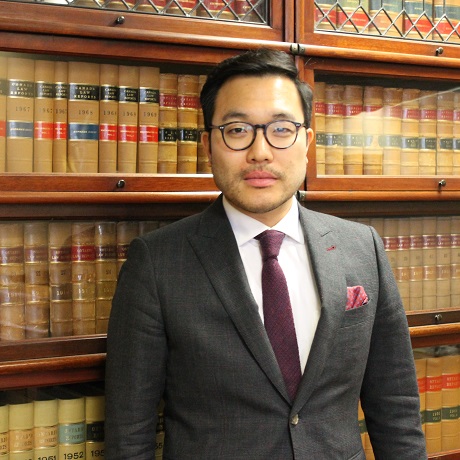
Youth Criminal Justice Act
Understanding How the Criminal Justice System Handles Young Offenders
The Youth Justice System operates under the Youth Criminal Justice Act (YCJA), which is entirely distinct from the adult criminal justice system. The YCJA specifically addresses offenses committed by “young persons,” defined as individuals aged 12 to 17 who are charged with an offense under the Criminal Code of Canada. If you or a loved one is under 18 and facing criminal charges, contact Song Criminal Defence to consult with a lawyer immediately.
What Is a Young Person?
A “young person” refers to anyone between the ages of 12 and 17. This definition differs from that of a child, which includes individuals younger than 12 years old.
Objectives of the YCJA
Everyone makes mistakes, especially during youth. The YCJA acknowledges that young people often find themselves in difficult situations due to their developmental stage. Its primary purpose is to protect the future of young offenders, recognizing that their current actions may not fully reflect their potential as adults. Courts have noted that young individuals have not yet “fully developed” into adults, leading to a greater emphasis on rehabilitation, accountability, protection of youth rights, swift resolution, parental involvement, and victim care. Consequently, the YCJA includes specific measures to safeguard the identities of young offenders and introduces key procedural differences from the adult justice system to achieve these goals.


Sentencing and Punishment
Youth cases are handled differently than adult cases, particularly in terms of sentencing. Often, youth matters are addressed through extrajudicial measures or “alternative measures,” allowing for resolution outside the court system in a process known as “diversion.” To benefit from these options, the youth must admit to the charge and accept responsibility; however, these admissions cannot be used against them in any future criminal or civil proceedings. Other possible dispositions include reprimands, intensive support or supervision programs, and non-residential programs lasting no longer than six months. In more serious cases, the Crown Attorney may seek to treat the youth as an adult, making adult penalties applicable upon sentencing.
How Song Criminal Defence Can Help
It’s important to note that we cannot fully detail how these consequences may affect your unique situation in this brief overview. Contact us to speak with a lawyer right away, or reach out to arrange a free in-person consultation. We’ll help you understand your situation, the potential consequences you may face, and develop a strategic plan to address your charges.


